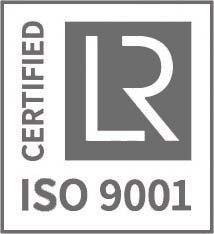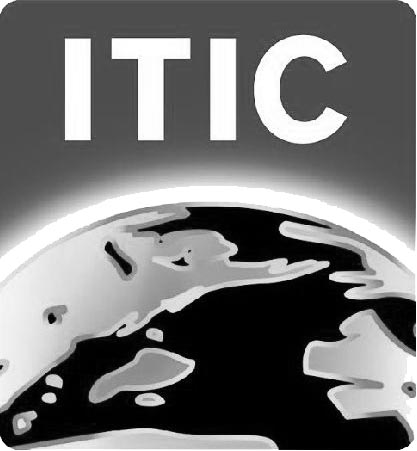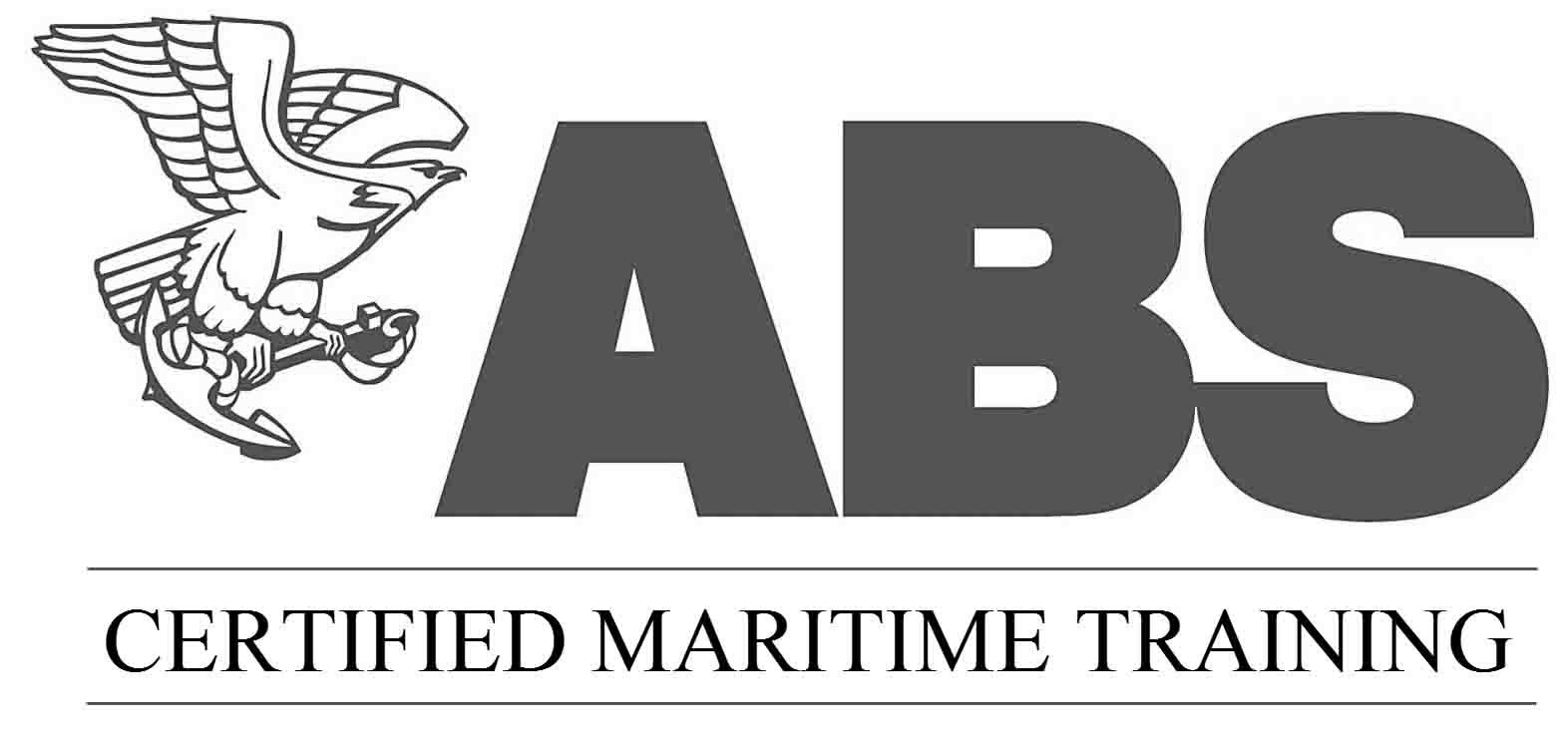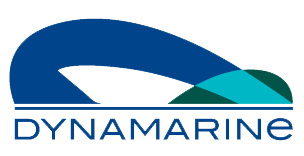Absence of SIRE in vessel clearance for Ship-to-Ship
28-05-2021
|
|
Does the absence of SIRE provide enough grounds to reject a vessel during clearance by a counter owner? Mr. Marios Lianos, & Alexandros Glykas, DYNAMARINe During Covid 19 Pandemic, most industries have been affected in different ways. This fact could not leave the tanker industry, unaffected. The physical inspections from third parties such as SIRE inspections have seriously been affected, due to travel restrictions. SIRE reports depict findings of insignificant parts such as the mooring apparatus, engine, and steering room machinery, cargo operations, crew preparedness for certain operations including but not limited to the Ship-to-Ship transfer operations. In certain cases, the absence of a SIRE report created difficulties to technical operators with effective delays to charterers due to clearance constraints of their vessel prior to an STS operation. It is known that the SIRE Inspection report is a means for risk assessment on behalf of the oil major. Furthermore, it consists of positive evidence, indicating that a third party has inspected the tanker vessel against the latest VIQ requirements, which include verification of procedures and vessel gear against MARPOL requirements and OCIMF STS guidelines or best practices. Does the absence of SIRE provide enough grounds to reject a vessel during clearance by a counter owner? Are there alternatives that can counterbalance the benefit of a SIRE report against STS? Past practices by oil major organizations have shown that there are alternatives for their assessment of risk, prior to fixing a vessel. In DYNAMARINe, we believe that there are similar alternatives for tanker owners as well. DYNAMARINe is an STS specialized company, involved in the RISK MANAGEMENT of STS Operations. We have managed to prove that a transparent and justified due diligence practice, when assessing the suitability/ compatibility of the vessel for STS is vital, substantially important and consists of trustworthy objective evidence, in case the owner be involved in a dispute. Through the expertise gained in STS matters, new methods, tools, and opportunities have been developed by DYNAMARINe, and proposed by OCIMF in their VIQ, in order to allow the shipowner and his manager to ensure safety prior to an STS operation, when he is requested so, by the charterer. DYNAMARINe transparent process of vessel screening, along with the record-keeping and counter assessment of vessels, produce a valuable safe-box for the participating owner, since a number of objective evidence is available at OSIS[1] system. Through the screening process, effected systematically for each STS Operation, the shipowner creates a unique set of objective evidence on how his STS experience is being accumulated, along with the risk mitigating measures applied, as needed in certain STS cases. Furthermore, the Screening process is supplemented with the counter assessment, received by the participating owner. Thus, the transparency of the process, along with the qualitative information received by third parties concludes that the due diligence, in line with MARPOL and ISM requirements is achieved to the best possible way. The absence of SIRE, when assessing a vessel compliance for STS needs to be supplemented by positive evidence with the objective data, in order to allow the counter owner to consider the information on the basis of a risk-based approach. This process has also received merits in arbitration award[2], where the absence of SIRE for nominated vessels by oil major, has resulted in significant delays with demurrage. Vessel participation in the DYNAMARINe STS Scheme is one positive evidence. DYNAMARINe offers also solutions over and above best industry practices either for client or non-client registered ships, through the STS Status survey and training. This is additional positive evidence, since it involves a physical inspection onboard the ship with GAP assessment in STS related matters, with respect to the latest VIQ, SOLAS ISM, MARPOL requirements and latest OCIMF STS guidelines. An STS specialist from DYNAMARINe confirms and reports the condition of mooring equipment, fittings, and crew knowledge regarding STS matters, such as preparedness, fendering, mooring, etc. The GAP assessment takes place with the senior deck officers who receive thorough training in matters pertaining to OCIMF guidelines. In conclusion, we should emphasize that the effectiveness of the SMS systems and processes of ship managers are reflected in their documentation, recordkeeping, PMS, and risk management. Regardless of SIRE inspections, diligent management of the information, in line with industry best practices, will ensure minimum conflict during vessel screening in STS operations, through the provision of positive evidence, for risk mitigation. |
DYNAMARINe Team
2 ARKADIAS AND 125 GOUNARI STR, Glyfada 16561, Greece, T:+65 31590353, +302109628379, E:info@dynamarine.com






